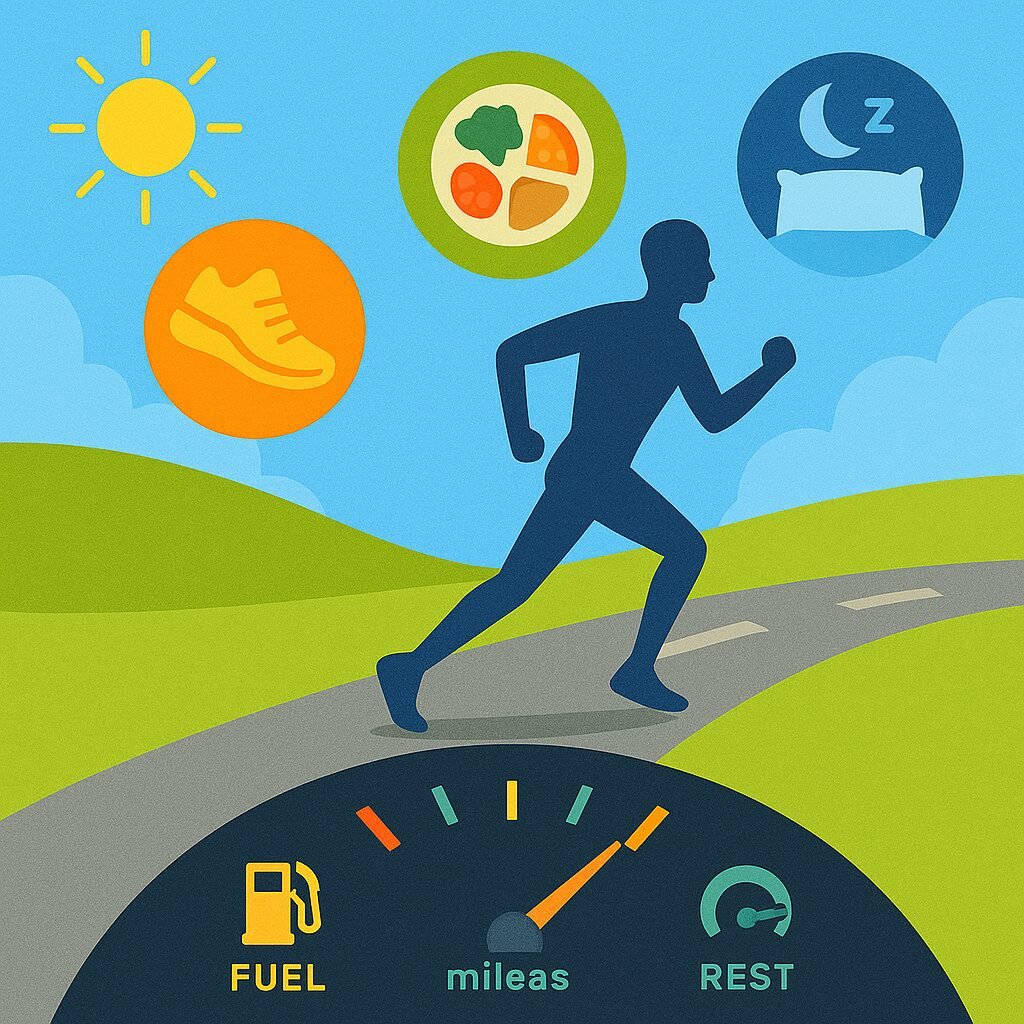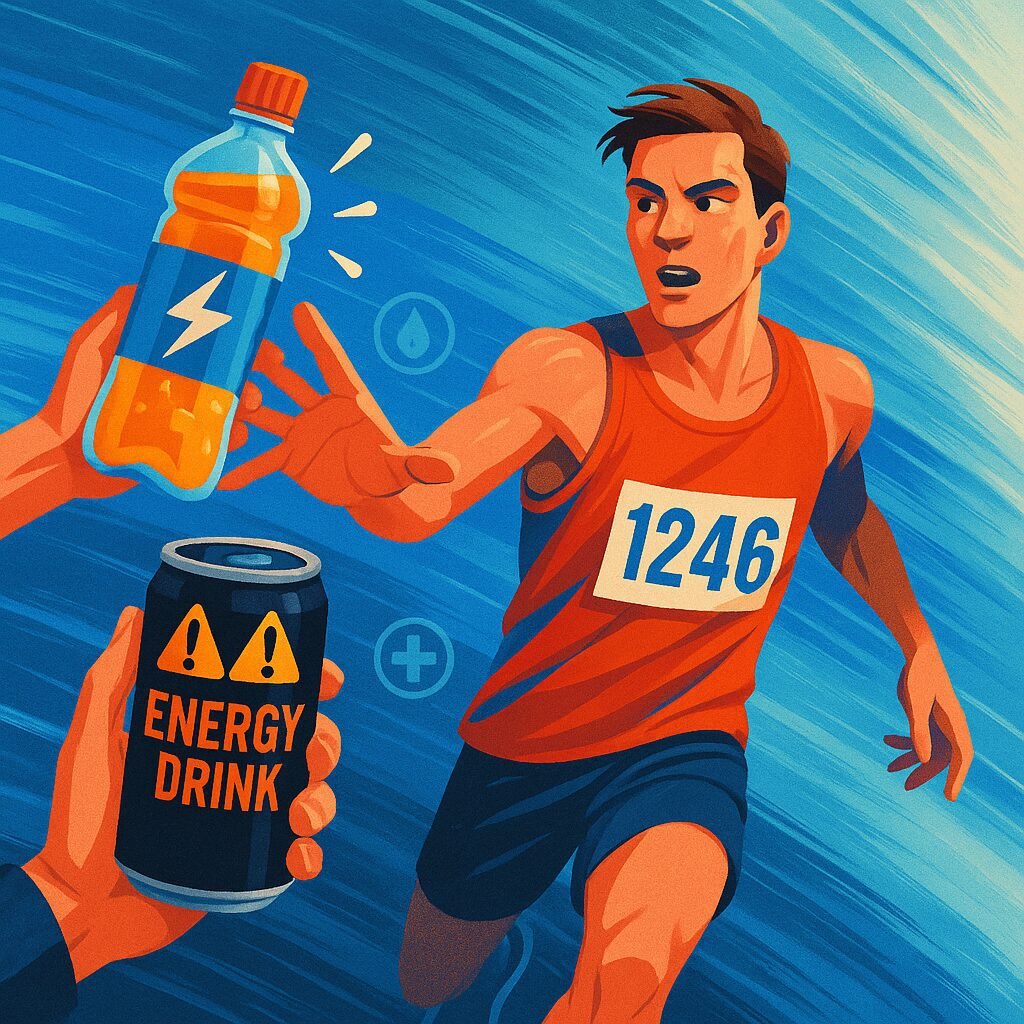This debate has been going on forever: Is it better to work out in the morning or evening? Truth is, both have their perks—it just depends on your goals and lifestyle. Let’s break it down.
🌞 Why Morning Workouts Might Work for You
If your focus is on fat loss, mental clarity, or kickstarting your day, morning workouts could be your perfect match.
💡 Benefits of Working Out in the Morning:
- Boosts metabolism and burns more fat due to lower insulin levels
- Helps with sharper focus throughout the day
- Fewer distractions, so you’re more likely to stick to the routine
- Cooler weather makes it easier to push through a workout
- Sets a positive tone for the rest of the day
🌙 Why Evening Workouts Can Be Just as Powerful
Not a morning person? Don’t worry. Evening workouts offer serious benefits, especially if your goal is strength training or performance.
⚡ Benefits of Evening Workouts:
- Higher body temperature increases flexibility and reduces injury risk
- Testosterone levels are naturally higher, boosting strength and muscle gains
- You’ll likely be able to lift heavier and perform better
- Great for relieving stress after a long day
- Can help promote deeper sleep for some people
💬 So… What’s the Best Time to Work Out?
Here’s the real secret:
👉 The best time to work out is the time you will actually stick to.
Whether it’s a 6 a.m. jog or an 8 p.m. lift session, consistency is king.
Find what fits your energy levels, schedule, and lifestyle—and stick to it.
🧠 Final Thought
Morning or evening—there’s no one-size-fits-all answer. Both time slots have their own unique benefits. The most important thing is that you move your body regularly.
So lace up your shoes, pick your hour, and get moving—your body will thank you.
In case of any related query related to nutrition or weight management book an appointment with Dt. Silky Mahajan .You can also send us a mail at info@foodsandnutrition.in or call on 7829999400. Follow us on facebook & instagram for latest updates.











